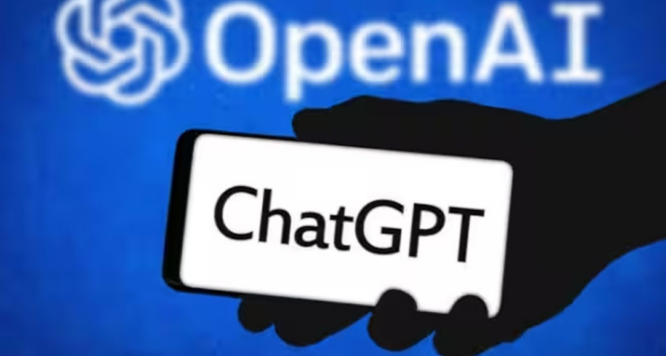The CEO of OpenAI, Sam Altman, has retracted a threat he made earlier this week to depart the company if it becomes too difficult to comply with forthcoming artificial intelligence (AI) laws.
The EU’s proposed legislation could be the first to regulate artificial intelligence, which the tech executive deemed “over-regulatory.”
However, after widespread coverage of his remarks, he reversed his position.
“We are thrilled to continue operations here and have no intention of leaving,” he tweeted.
The proposed legislation could require generative AI companies to disclose the copyrighted materials used to train their systems to generate text and images.
Many in the creative industries accuse AI companies of using artists’, performers’, and actors’ work to train systems to imitate their work.

ChatGPT’s CEO said it won’t quit Europe.
According to Time magazine, Mr. Altman is concerned that it would be technically impossible for OpenAI to comply with some of the AI Act’s safety and transparency requirements.
Mr. Altman expressed optimism at a Wednesday event at University College London that AI could create more employment and reduce inequality.
In addition, he met with Prime Minister Rishi Sunak and the CEOs of AI companies DeepMind and Anthropic to discuss the technology’s risks – including disinformation, national security, and even “existential threats” – and the necessary voluntary actions and regulation to manage them.
Some experts fear that superintelligent AI systems could pose an existential threat to humanity.
Mr. Sunak, however, stated that AI could “positively transform humanity” and “deliver better outcomes for the British public, with a variety of emerging opportunities to enhance public services.”
At the G7 summit in Hiroshima, the leaders of the United States, United Kingdom, Germany, France, Italy, Japan, and Canada agreed that creating “trustworthy” artificial intelligence must be a “global effort.”
And prior to the implementation of any EU legislation, the European Commission intends to develop an AI accord with Alphabet, the parent company of Google.
EU industry chief Thierry Breton, who met with Google’s chief executive Sundar Pichai in Brussels, believes international cooperation is essential for AI regulation.
Mr. Breton stated, “Sundar and I agreed that we cannot afford to wait until AI regulation actually becomes applicable, and that we must work with all AI developers to develop a voluntary AI pact before the legal deadline.”
Tim O’Reilly, Silicon Valley veteran, author, and creator of O’Reilly Media, stated that mandating transparency and constructing regulatory institutions to enforce accountability would be the best starting point.
“AI fearmongering, when combined with its regulatory complexity, could lead to analysis paralysis,” he stated.
“Companies developing advanced AI must collaborate to develop a comprehensive set of metrics that can be regularly and consistently reported to regulators and the public, as well as a method for updating these metrics as new best practices emerge.”




